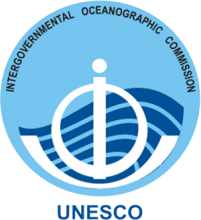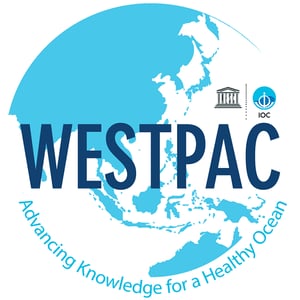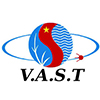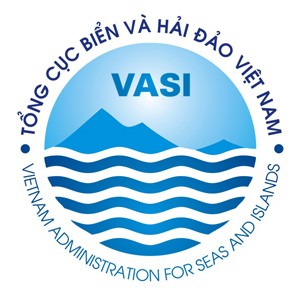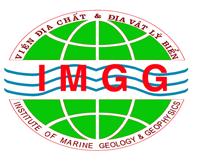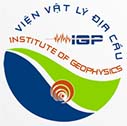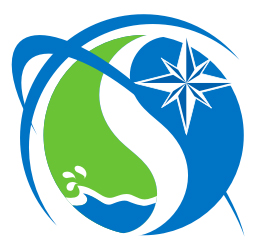The WESTPAC Workshop on Harmful Jellyfish Sampling Protocol and Data Analysis in the Western Pacific will be held at Penang, Malaysia on 5-7 December 2017.

The occurrences of jellyfish in massive number (jellyfish blooms) have caused a lot of undesirable socio-economic impacts. They impede fishing trawling operations, damage fishing gears, interrupt the operation of desalination plants and clog coastal power plants.In addition, it is also reported that the blooms are also perilous to swimmers with the effects of a jellyfish sting ranging across the species from painless to tingling to agony and death.
Considering the negative impacts of jellyfish blooms, and our limited knowledge on the distribution, diversity, trends and environmental triggers of jellyfish blooms, it is imperative to examine our present knowledge, identify gaps and challenges, strengthen scientific collaborations and build capacity for jellyfish research.
To this end, the IOC Sub-Commission for the Western Pacific (WESTPAC) established, at its 11th Session (21-23 April 2017, Qingdao, China), a regional programme with a view to assisting its member states to sustainably enhance harmful jellyfish research and network in the Western Pacific and provide scientific guidance for remediation measures.
Workshop Objectives
The first regional training workshop entitled “Harmful Jellyfish Sampling Protocol and Data Analysis in the Western Pacific” aims to
• establish a jellyfish monitoring and research network among scientists, institutions, and agencies in the region;
• share and learn from each other the existing jellyfish monitoring and research approaches, and further develop regional capability of research and monitoring on jellyfish in the region;
• identify challenges and gaps in monitoring and assessing impacts of jellyfish and jellyfish blooms;
• discuss the possibility of developing a jellyfish joint monitoring plan, and a joint research on jellyfish diversity, distribution and abundance.
Proposed follow-up Workshops
Based on outputs of this workshop, the second regional workshop, expected to be organized about 8 months later, will focus on identification of harmful jellyfish from selected taxonomic groups focusing on enhancing regional capacity and encouraging young scientist participation in jellyfish researches.
The third workshop, one year after the second one, will be convened to discuss on the awareness and education programme on harmful jellyfish for local schools and related tourism industry stakeholders. This third workshop aims to promote the involvement of the local communities on jellyfish issues and build community network in the WESTPAC region where the local knowledge, experience and scientific data on harmful jellyfish can be shared.
Toward the end of the programme, a publication on “WESTPAC Field Guide of Harmful Jellyfish in the Western Pacific Region” will be produced.
Tentative Program for the First Workshop
The three-day workshop will comprise of plenary sessions and breakout sessions.
During plenary sessions, invited keynote presentations will be given about jellyfish sampling protocols, present practices of harmful jellyfish monitoring, and basic knowledge of harmful jellyfish identification.
In addition, the national experts nominated and/or identified from each country will be invited to provide reports on
• Major issues on harmful jellyfish in the respective countries;
• Research and monitoring efforts of the harmful jellyfish;
• Related activities that have been carried out on education and awareness (if any);
• Perspectives of a regional networking to collaboration on harmful jellyfish related aspects.
The participants will break into several groups (probably by sub-regions) to have detailed discussions about gaps, challenges, and opportunities and to initiate a cooperative regional network to monitor and conduct research on the occurrences and impacts of harmful jellyfish.
Qualification of Invited Experts
Preferably two scientists will be invited from each country. Ideally, they should have experience conducting jellyfish research and monitoring, and are able to lead and carry out jellyfish research and monitoring in their countries moving forward.
First Announcement can be downloaded here
Application Form can be downloaded here
For more information please visit: http://iocwestpac.org/calendar/843.html



